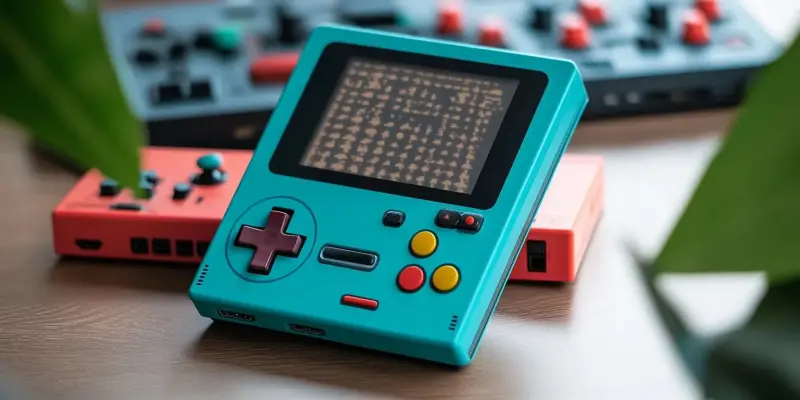In the evolving arena of retro gaming, a remarkable new challenger is stepping into the spotlight: the SuperStation One, an open-source FPGA-based clone of Sony’s iconic PS One console. This ambitious creation targets a niche but burgeoning market of tech enthusiasts and retro gamers who are eager for a more affordable yet powerful option. Retailing at $179.99 and available in colors like classic grey, black, and transparent blue, the SuperStation One is poised to change the landscape. Unlike traditional consoles, it supports original PlayStation games, controllers, and memory cards, weaving seamlessly into the retro gaming ecosystem. It champions versatility and accessibility, even embracing the ability to run games from platforms like the Nintendo 64 and Sega Saturn through its MiSTer FPGA core compatibility.
Versatile Features Beyond PlayStation Gaming
One intriguing aspect differentiating the SuperStation One from predecessors is its reliance on modern hardware advancements over original components. Internally, the console harnesses a Cyclone V FPGA, bolstered by 128MB of BGA SDRAM and a 24-bit ADV7125 Video DAC. This combination not only ensures the seamless running of PlayStation titles but also broadens the gaming possibilities. What it lacks in a physical disc drive, it compensates for with a SuperDock accessory. The SuperDock, retailing separately at $40, introduces an optical drive along with additional ports, expanding utility and convenience for gamers. The inclusion of Wi-Fi, Bluetooth, and NFC capabilities allows for simplified game loading and updates, turning what could be an archaic device into a user-friendly experience devoid of the cumbersome hassles typical of older systems.
Pre-Orders and Future Prospects
The widespread excitement surrounding the SuperStation One reflects unyielding nostalgia married with modern technological expectations. Presently accepting pre-orders, with initial shipments scheduled for the fourth quarter of 2025, this console looks to set new standards. Its claim as the first affordable FPGA console thrusts it into a unique market position, potentially paving the way for future developments in retro gaming tech. While its affordable price point compared to other FPGA devices makes it a tempting choice, it remains to be seen how effectively the SuperStation One will sustain interest and meet enthusiastic demands. If successful, it could spawn a new era where retro gaming is not only accessible but also enriched with modern enhancements, striking a balance between preserving nostalgia and embracing innovation.

